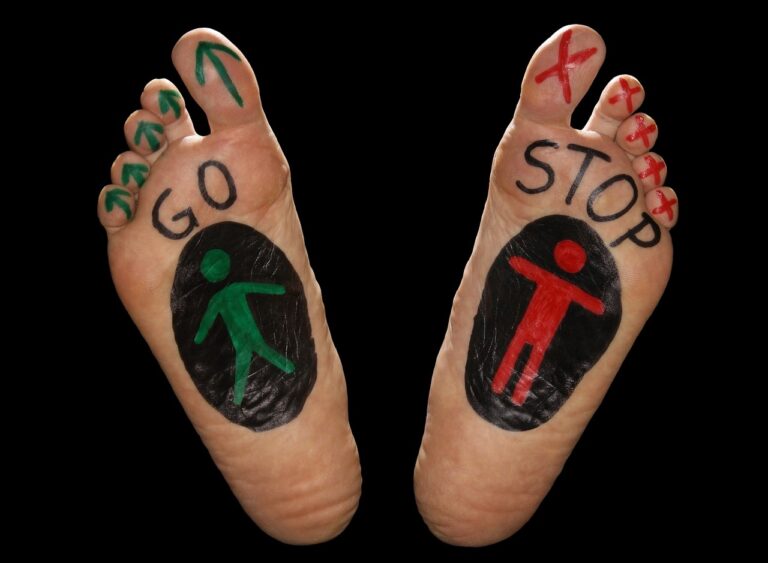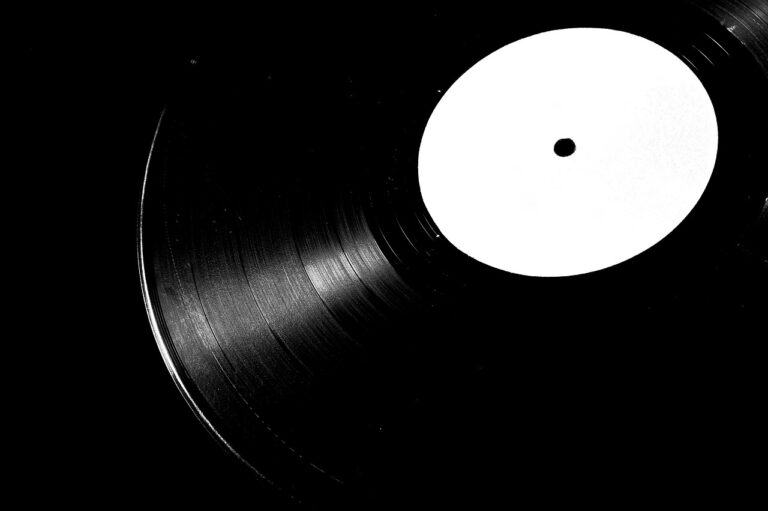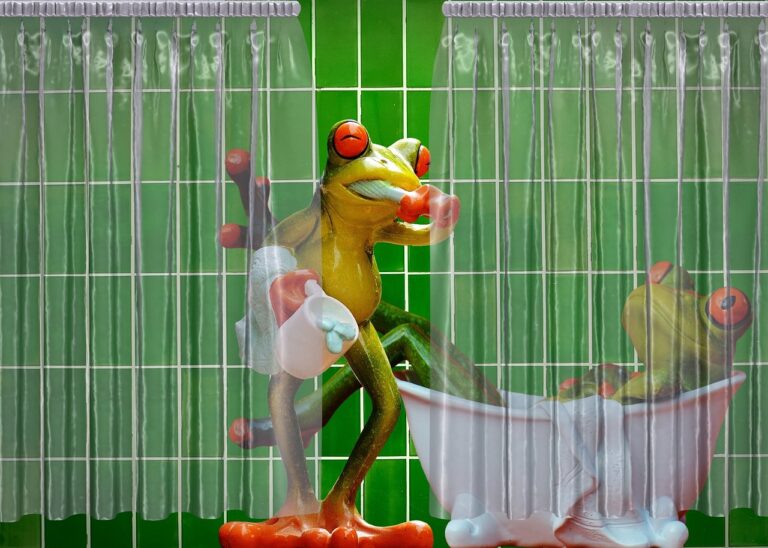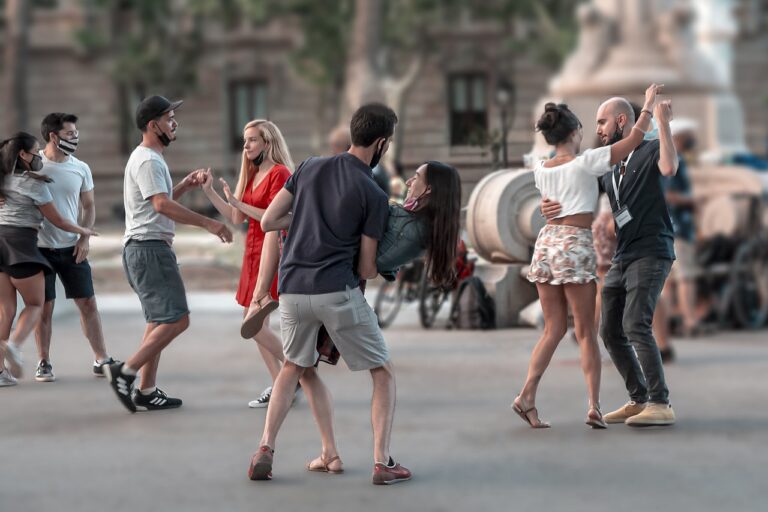Diversity in Comic Book Adaptations: Celebrating Diverse Characters and Themes: Cricbet99.com sign up, Sky1exchanges login, Cricket bet99
cricbet99.com sign up, Sky1exchanges Login, cricket bet99: In recent years, the world of comic book adaptations has seen a much-needed shift towards celebrating diverse characters and themes. From superheroes of different races and ethnicities to LGBTQ+ storylines, there is a growing recognition of the importance of representation in the media we consume. This trend is not only empowering for marginalized communities but also enriches storytelling and brings fresh perspectives to the genre.
One of the most notable examples of diversity in comic book adaptations is the success of the “Black Panther” film. The movie, based on the Marvel Comics character of the same name, featured a predominantly Black cast and explored themes of identity, heritage, and empowerment. It not only shattered box office records but also resonated with audiences worldwide who were craving more diverse representation on the big screen.
Similarly, DC Comics’ “Wonder Woman” broke gender barriers by presenting a strong and independent female superhero as the lead character in her own film. Gal Gadot’s portrayal of Diana Prince/Wonder Woman inspired women and girls everywhere and proved that female superheroes can be just as powerful and compelling as their male counterparts.
In addition to racial and gender diversity, comic book adaptations have also started to incorporate LGBTQ+ representation. The CW’s “Batwoman” series introduced Kate Kane, a lesbian superhero who fights crime in Gotham City. By including LGBTQ+ characters in mainstream media, these adaptations are helping to normalize diverse sexual orientations and identities.
Furthermore, comic book adaptations have delved into complex social issues such as mental health, disabilities, and immigration. Shows like Netflix’s “Jessica Jones” and “Daredevil” address trauma and PTSD, while the X-Men franchise uses mutants as a metaphor for marginalized groups in society. By tackling these topics, comic book adaptations are not only entertaining audiences but also sparking important conversations and increasing empathy and understanding.
Overall, the growing diversity in comic book adaptations is a positive step towards creating a more inclusive and representative media landscape. By celebrating diverse characters and themes, these adaptations are breaking stereotypes, empowering underrepresented communities, and broadening the scope of storytelling in the genre.
FAQs:
Q: Why is diversity important in comic book adaptations?
A: Diversity in comic book adaptations is important because it reflects the real world and allows for more inclusivity and representation in media.
Q: How can comic book adaptations continue to improve diversity?
A: Comic book adaptations can continue to improve diversity by actively seeking out diverse creators, writers, and actors, as well as telling more stories that center on diverse characters and themes.
Q: What impact does diversity in comic book adaptations have on audiences?
A: Diversity in comic book adaptations has a positive impact on audiences by providing representation for marginalized communities, challenging stereotypes, and fostering empathy and understanding.







